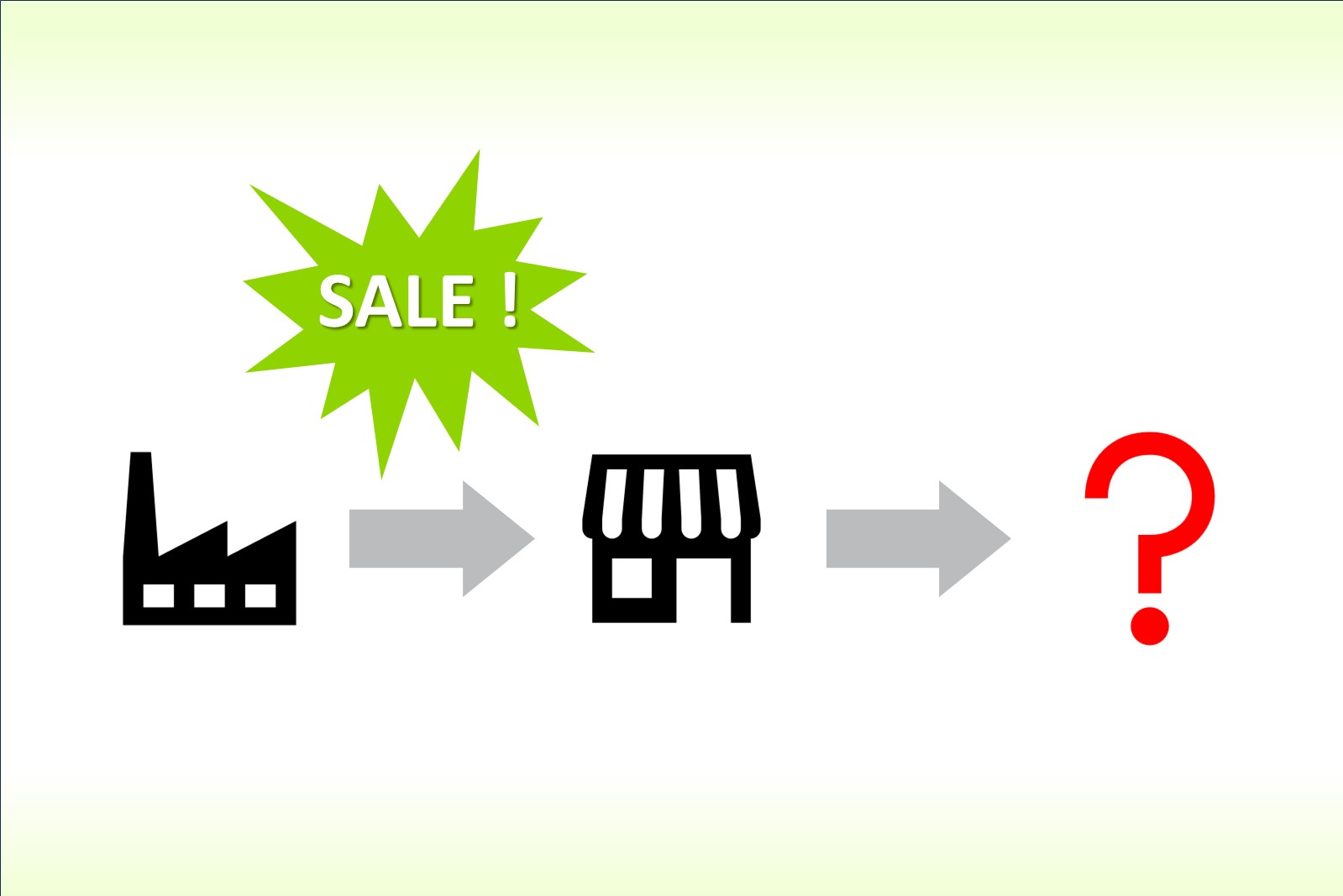
In Japan, many food and beverage industry expos are organized throughout the year, but the most...
If you want to grow your F&B product brand in the Japanese market, you must have already checked out some of the country's trade shows.
In Japan, many food and beverage industry expos are organized throughout the year, but the most popular events happen in the first half of the year. They all differ in size, target segment, and target audience, but let's look at the most famous ones.
FoodEx: This is by far the most popular trade show among overseas food and beverage exporters who want to sell in Japan. The event has a significant focus on international participants, and it may be the best choice if you are looking for an importer in Japan.
Dates this year: 7-10 March 2023
Supermarket Trade Show: This event is similar in size to FoodEx, but as the name suggests, it is rather domestic-focused and retail-oriented. If you already have an importer, it may be an excellent choice to attract retail buyers for your brand. But even if you still need to get a Japanese importer, it may be a valuable event to find potential future customers. Because this event is less internationally focused than FoodEx, you can expect less competition in your product segment, which can be more effective than exhibiting in a large crowd.
Dates this year: 15-17 February 2023
Wine & Gourmet Japan: Historically, this is a slightly smaller event than the above two, but it had been steadily growing before Covid and reached more than 70,000 visitors in 2019. As the name suggests, this show strongly focuses on wine and gourmet products, but it can be a good choice if you have a consumer brand or are in the premium food and beverage segment.
Dates this year: 12-14 April 2023
JFEX: This is a relatively new exhibition, happening for only the third time this summer. The section categories are very diverse, and it still needs to gain recognition among western exporters. Therefore, if you want to stand out with less competition, this show may be a good option for your brand.
Dates this year: 21-23 June 2023
Due diligence: If you are exhibiting in Japan without a background in the local market, being open but diligent may be the best attitude to follow. Smaller importers may show more interest than more significant market players, but you better check their background in each case before finalizing a deal. Many importers are strong rivals of others, and if you want to choose the most suitable partner, you need to dig deeper before making your decision and signing a contract.
Time management: Routine exhibitors, especially those who regularly participate in large-size trade shows such as SIAL or Anuga, already know how quickly a few days can fly by. If you have managed to plan your schedule perfectly, you could squeeze 6-8 one-hour meetings into a day, that is, 24-32 sessions during the event. It may seem like a lot, but when you're in an unfamiliar market, you should prepare to spend the most time with those who are the most promising and valuable for your market strategy.
In Japan, trading houses (aka shosha) are key players in food and beverage imports. The Japanese trading house model has been built on substantial sourcing activities. Many Japanese "shosha men" scour the globe to find new partners and meet existing ones to maintain good business relationships. They also visit European trade shows to collect information and keep their fingers on the pulse of the global market. Just because somebody from a large Japanese company stopped by your booth doesn't mean they want to purchase from you immediately. Your products and your company always need to go through a rigorous selection process to meet the standards of your potential Japanese import partner. Only when all the criteria have been met can you expect a growing business in Japan.
For further information on how to handle negotiations with potential Japanese partners, check out our earlier article:
Why negotiations with Japanese partners in the F&B industry sometimes hit the rocks

5-year import data (2020–2024) reveal Japan’s fast-growing drink categories and 2026 outlook.

Business development tactics to help import F&B brands in Japan prepare for and grow beyond entry.

Why sales fails in Japan – and why business development is key for import F&B brands.